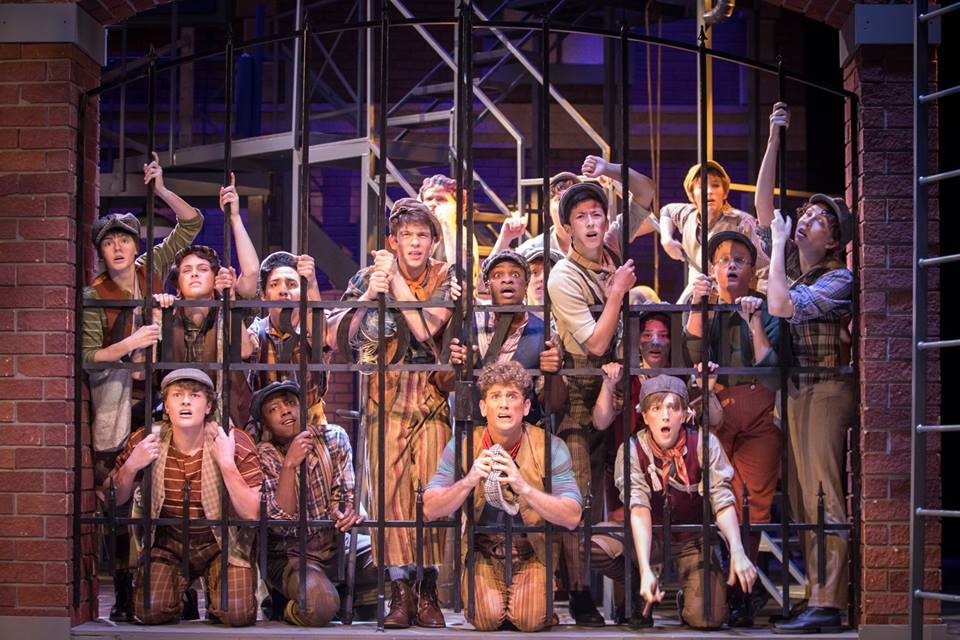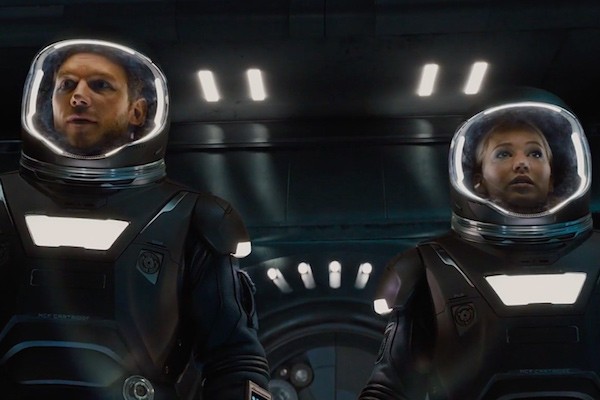Ed and Lorraine Warren were a pair of good, old fashioned American hucksters who teamed up as investigators of the paranormal. He was a self-taught demonologist, and she a medium. They ran a museum devoted to occult and paranormal artifacts out of their home in Monroe, Connecticut, which began with a creepy doll named Annabelle, which was allegedly possessed. They made a name for themselves investigating the New York haunted house case that inspired the 1979 frightener The Amityville Horror.
The ’70s provided the perfect environment for the Warrens’ brand of Roman Catholic-flavored scary stories, thanks to the huge popularity of The Exorcist. One could argue that it was William Friedkin’s 1973 film, not Jaws, that heralded the beginning of the modern blockbuster era. Friedkin’s technique is unstoppable. The arresting combination of the innocent-looking Regan, played by Academy Award nominee Linda Blair, and the deep voice of the foul-mouthed demon who possesses her, is just one example of the tricks that have been endlessly lifted from The Exorcist. But it’s the story’s mining of the deep history of Christian paranoia about demons and witchcraft that helped it resonate so deeply with audiences.
The Warrens rode the wave of Exorcist-inspired interest in possessions and hauntings to investigate more than 10,000 cases over their career. They achieved another level of fame in 2013 when director James Wan adapted the story of one of their more lurid early investigations into The Conjuring. Wan, who these days is working on his Aquaman sequel, served up watered-down Friedkin to spectacular results. The Conjuring turned into a seven-film, $2 billion franchise for Warner Bros.
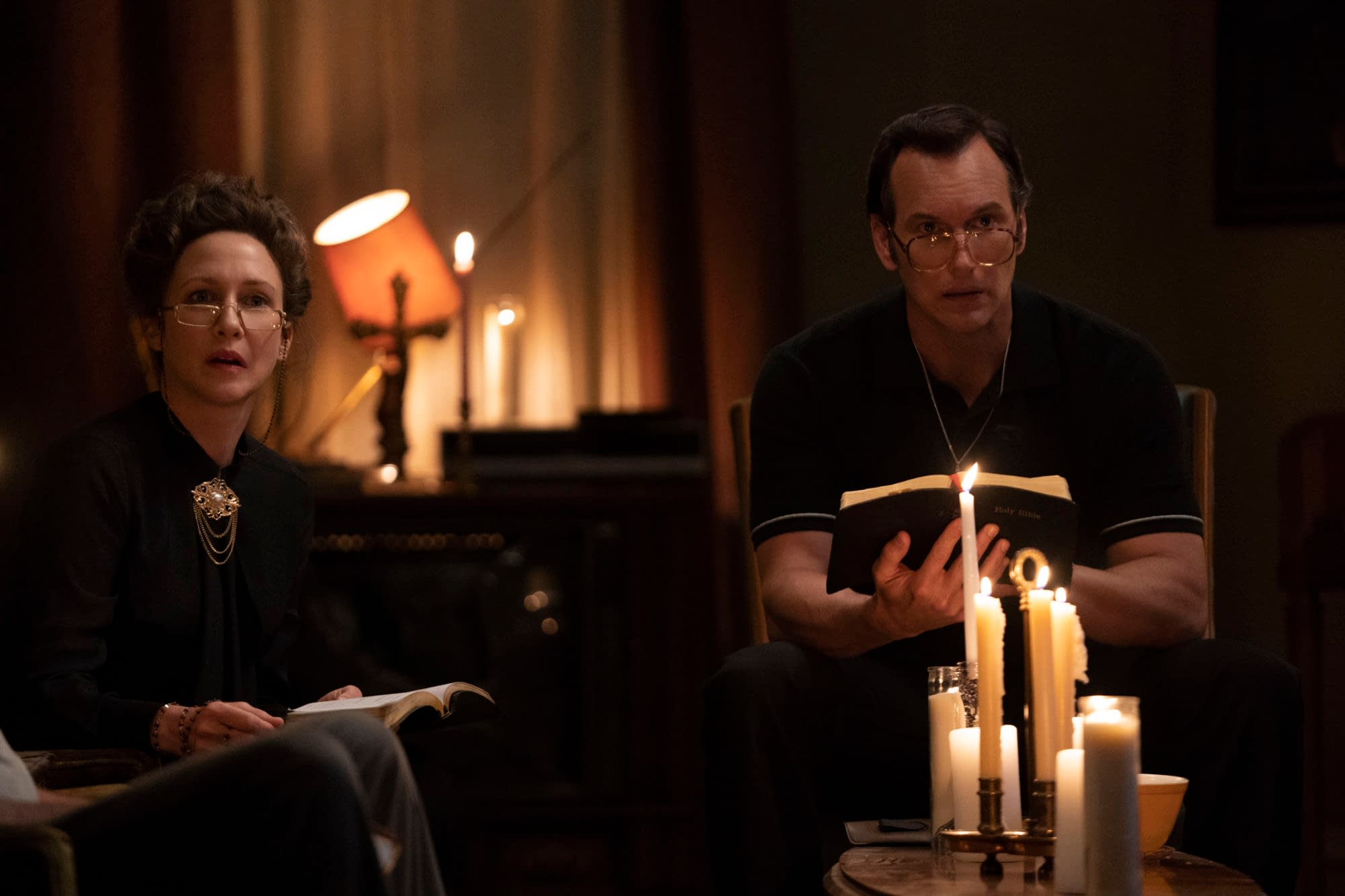
The Devil Made Me Do It, the eighth film in the series, is helmed by Michael Chaves, who directed the sixth installment, The Curse of Llorona. The story cold opens with Ed (Patrick Wilson) and Lorraine (Vera Farmiga) attending to young David Glatzel (Julian Hilliard), who shows all the Friedkin-inspired signs of possession: a foul mouth, horrible contortionist moves, and the classic blood shower. When the young priest arrives and things get heated, the demon causes Ed to have a heart attack. As he’s fading from consciousness, he sees David’s brother Arne (Ruairi O’Connor) implore the demon to “take me instead!” Protip: Don’t say that to a demon, unless you’re willing to take on a new, very messy tenant in your head.
David is saved, but Arne starts getting mysterious spirited visitors. Then, when partying with his girlfriend Debbie (Sarah Catherine Hook) and his creepy landlord Bruno (Ronnie Gene Blevins), David blacks out and stabs Bruno 22 times. The Warrens insist that David is innocent by reason of demonic possession, an unorthodox defense anywhere outside of the Salem Witch trials, and set out to discover why these pesky demons are making this wholesome white family do bad things.
The Devil Made Me Do It resembles nothing more than an overly long, particularly lame episode of Buffy the Vampire Slayer. After finding a “witch’s totem” in the crawlspace of the Glatzel home, they consult a former priest named Kastner (John Noble) who went a little crazy investigating the pseudo-satanic Ram cult. Then, there’s lots of standing before Ed’s conspiracy theorist yarn wall looking for connections that can only loosely be called “clues,” before settling onto a hypothesis that involves, you guessed it, a witch.
Like all the Conjuring movies, this one is allegedly based on a true story from the Warrens’ archives. But what does “true” really mean with unreliable narrators like these? The Warrens’ brand of demon mumbo-jumbo plays into the need for people to have someone else to blame for the evil that men do. It’s not harmless: In the ’80s, the Satanic Panic ruined thousands of people’s lives searching for child-abusing devil cults that didn’t exist. You can see the echoes of it in the pseudo-religious overtones of the Q conspiracists, who paint their political opponents with accusations of devil-worshipping pedophilia. But there’s no need to resort to demonic possession to explain heart attacks, child sexual abuse, or a drunk guy murdering his landlord who he thought he was coming onto his girlfriend.
Yes, the Warrens made it up, but so what? Made-up stuff makes for good movies, and truth be told, I would be down with all of it if The Devil Made Me Do It wasn’t such a frightful bore. Wilson and Farmiga are phoning it in at this point, and, with the exception of Hilliard, who conjures a few sparks as the young possession victim, they’re the best actors on the screen. The visuals are lazy Exorcist retreads, and why does it seem to be so hard for big budget movies to get a decent sound mix these day? The Devil Made Me Do It is dreadful, but not in a good way.
The Conjuring: The Devil Made Me Do It is now playing at multiple locations, and streaming on HBO Max.
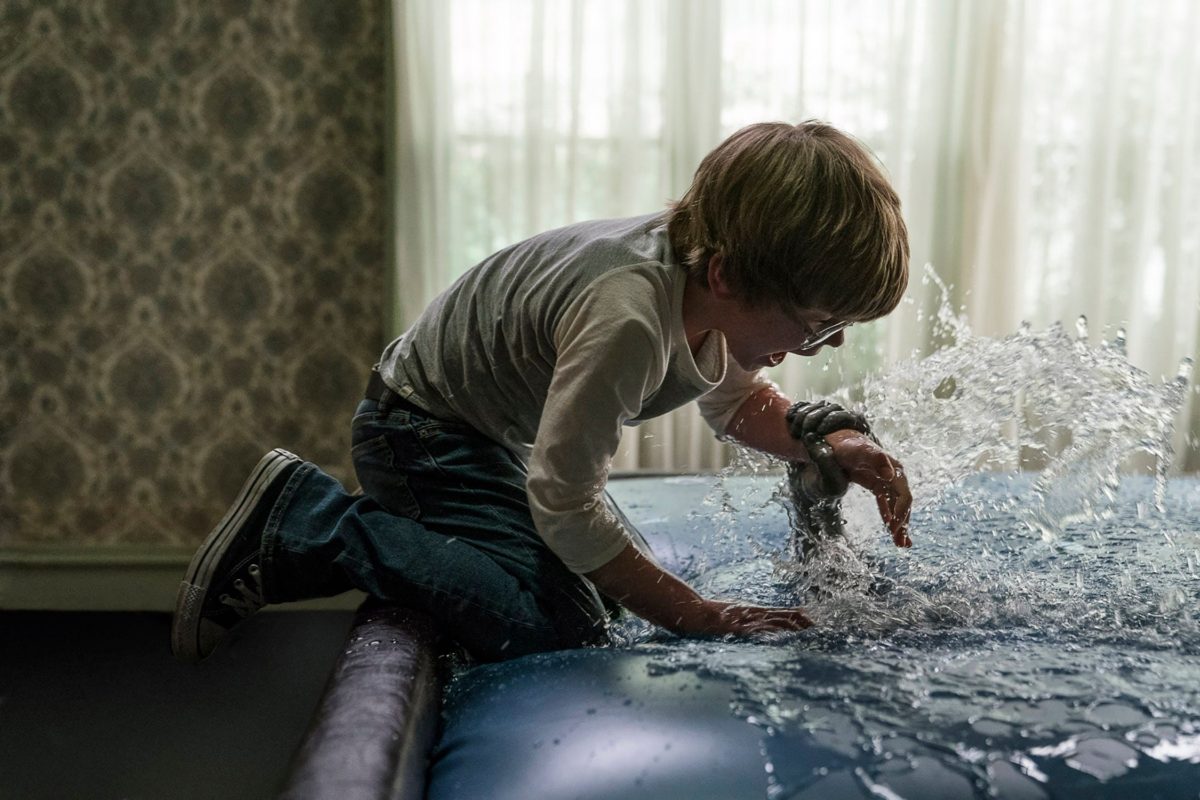

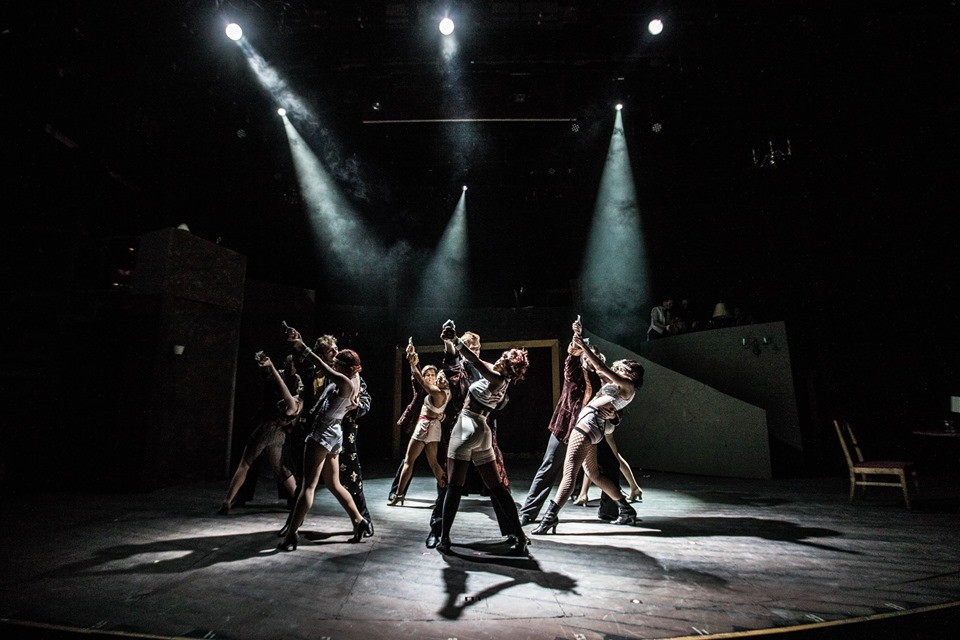

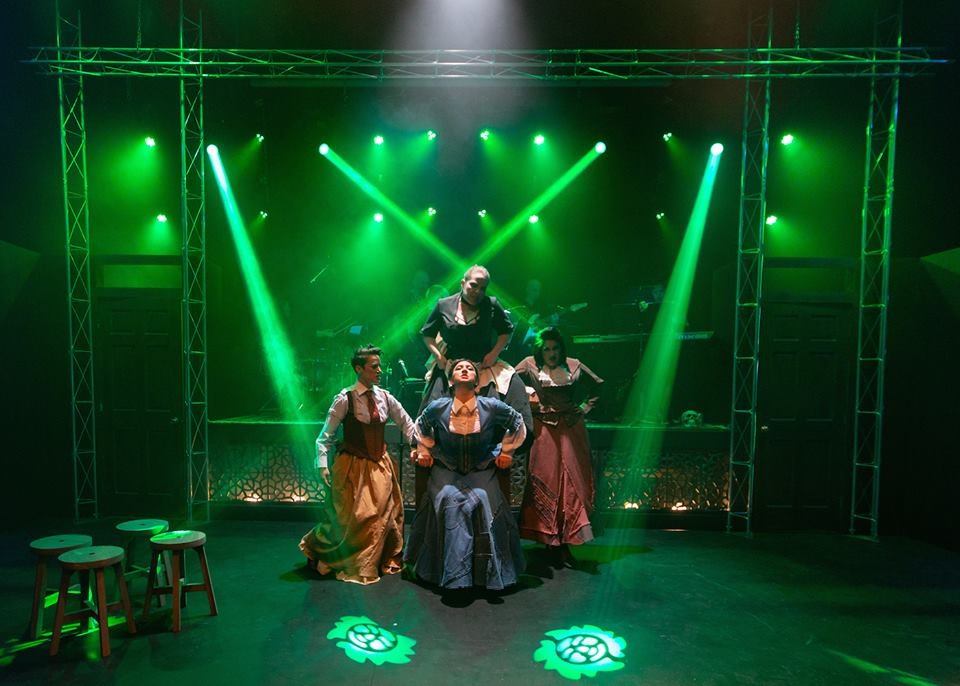 New Moon
New Moon 